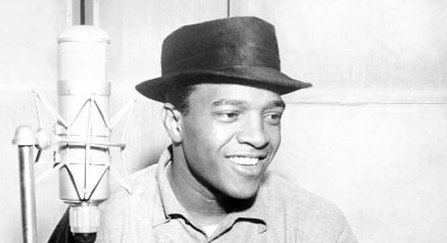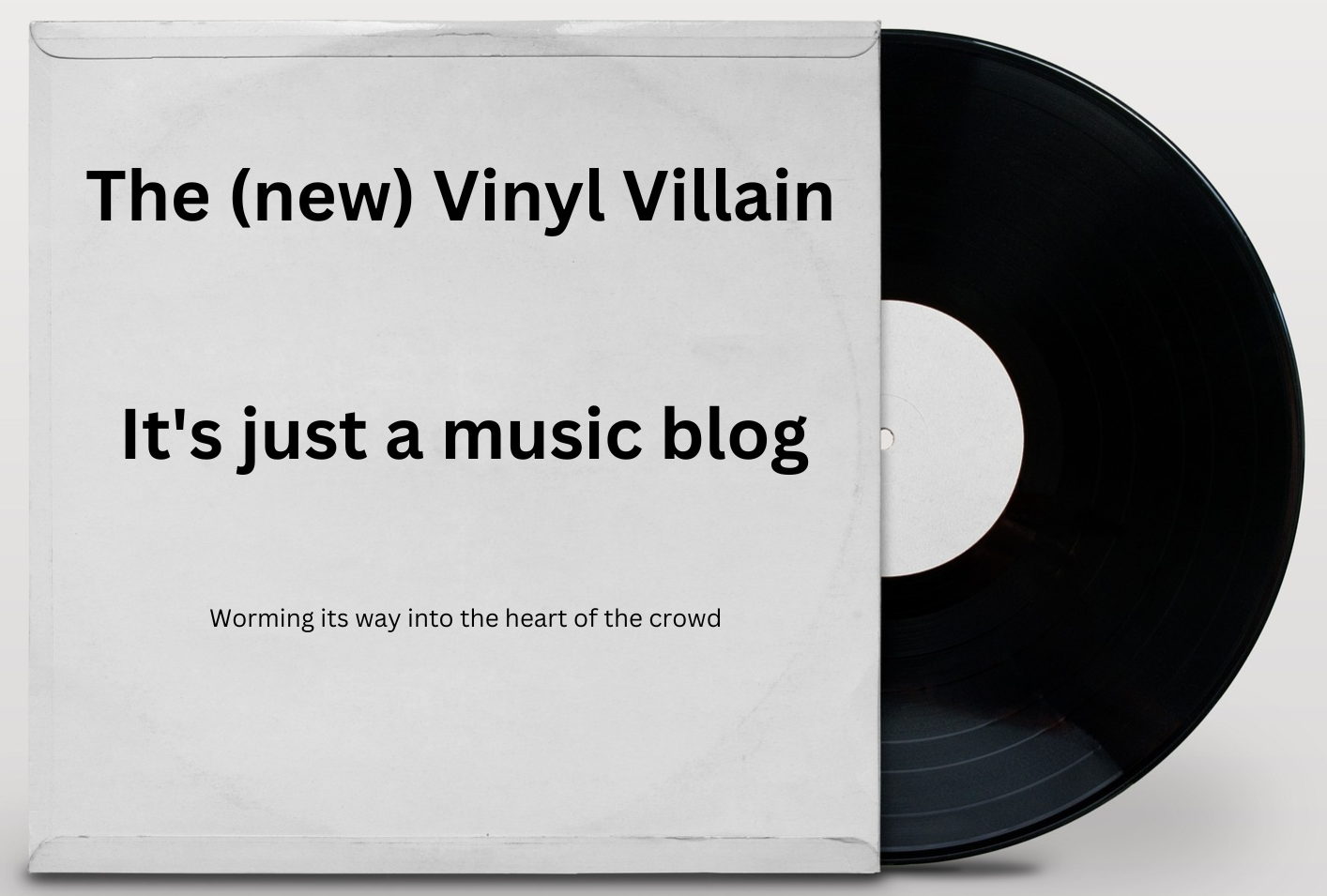A GUEST POSTING FROM GEORGE FORSYTH

There’s far too much indie nonsense in these ICAs. Who needs a Fall/New Order/Jam/Clash ICA, we’ve got all their damned records anyway! Well, maybe not the Jam. Or the Clash. Or New Order. So here’s an ICA of an artist whose best work was recorded well before any of us were born, and I suspect, rather shockingly, of whom some people visiting these pages might never have heard. His majestic vocal talents inspired a whole host of other singers such as Jackie Wilson, Aaron Neville, Ben E. King and Smokey Robinson. It’s a Clyde McPhatter ICA. From the Rock and Roll Hall of Fame: By recasting gospel’s fervid emotionality – a style known as “sanctified” singing – in a rhythm & blues setting, he presaged what would come to be known as soul music. That’s how important a singer Clyde McPhatter was.
There’s rhythm and blues amongst these songs, more than a hint of gospel, doo-wop, some love songs, some middle of the road pop, but above all, that peerless voice, that drive and passion in the more up-beat numbers, that heartbreaking sadness in the slower songs, a voice that was a huge huge influence on so many other singers of rhythm and blues and, later, soul. (As I finished that last sentence a dog ran in front of me with a baby bird in her mouth.)
Clyde McPhatter was lead tenor in the Rhythm and Blues/vocal group Billy Ward and The Dominoes, and these first batch of songs come from that time, so here’s some rhythm and blues . These three are as good a set of examples of quality rhythm and blues you’ll hear. There’s blasts of sax that just jump out the speakers and grab your ears, that great excitement of fast r&b, it’s almost impossible to keep still whilst listening to them.
1. “That’s what you’re doing to me”
2. “I’d be satisfied”
3. “Have Mercy Baby”
Clyde McPhatter was such a great singer that he was signed by Ahmet Ertegun and Jerry Wexler of Atlantic Records, who, we really should agree, knew a thing or two about good music. As good as the first three tracks are above, his songs made with the backing group he created, The Drifters, are on a whole new level. The music here is a bit more sophisticated, there’s more variety, you here shades of rock and roll, blues and doo-wop. And there’s more than a hint in Clyde’s vocals on “Lucille”, I think, of how he could have developed as a soul singer.
4. “warm your heart”
5. “whatcha ya gonna do”
6. “Bip Bam”
7. “try try baby”
8. “Lucille” (not the Little Richard song)
(After playing Bip Bam at stupendous volumes you will of course be thinking that you’ll not hear a better song all day. And you will be wrong.)
As a solo artist Clyde McPhatter’s songs became much more pop-oriented as he tried to reach for a wider audience, not always met with great success. But there are some fine fine moments from his solo career.
9. “Treasure of Love”.
10. ”A lover’s question”
(And now you have realised that Treasure Of Love is the song that is even better than Bip Bam)
Clyde McPhatter is known for his voice, so why in the name of the sweet Lord did the producers of so many of his solo records drown it out with over-the-top big band orchestration, and backing vocals that overwhelm not complement. It might, though, also be attributed to his alleged desire to make records in the style of Perry Como. His solo output really suffers from a poor selection of song. So really, it was almost all over after 1954, when he left The Drifters behind and went his own way.
He never made the transition from R&B to soul like, say Jackie Wilson or Bobby Blue Bland. The songs are those of crooners, there’s no feel to the music, it’s catastrophically poor middle of the road late 50s early 60s pop. It’s disastrous. His voice lost that great joie de vivre, that great passion, on those records, with The Dominoes and The Drifters.
And here’s a bonus track, back to his time with The Drifters:
11. “everyone’s laughing”
A slower and remorseful R&b track to finish the set. To my way of thinking, this final song showcases the vocal talent that was so sadly underused and wasted in that solo career.
Clyde McPhatter died aged 39, in 1972.
